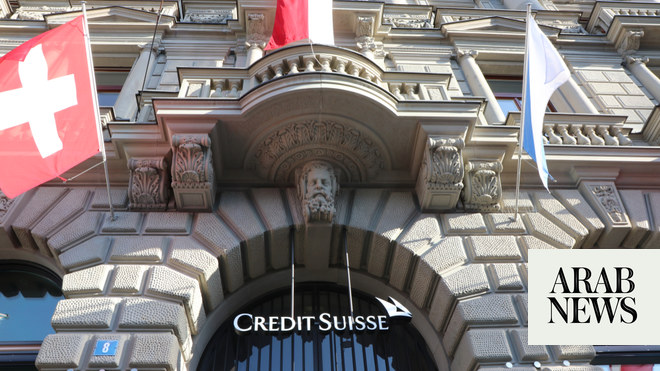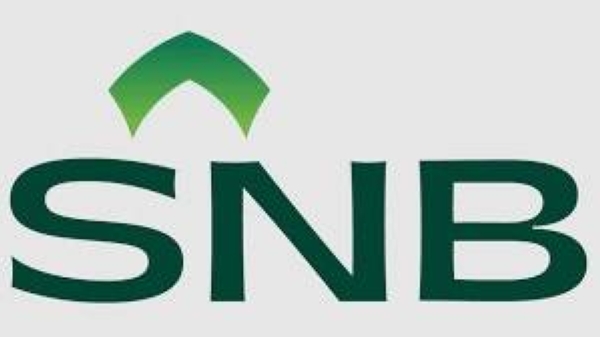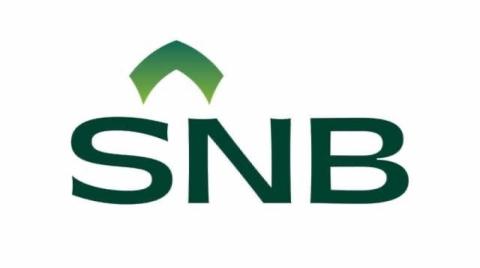
The chair of the Saudi National Bank has resigned for “personal reasons” less than two weeks after his comments spurred investor panic over Credit Suisse that ended in an emergency takeover by its larger Swiss rival, UBS.
The Saudi National Bank (SNB), which was Credit Suisse’s largest shareholder, announced on Monday that it had “accepted” Ammar Al Khudairy’s resignation, and that he would be immediately replaced by its chief executive.
The Middle Eastern bank gave little detail regarding the swift replacement, saying only that Al Khudairy was stepping down “due to personal reasons”, according to a statement released to the Saudi stock exchange.
Al Khudairy’s exit comes less than two weeks after he told journalists that SNB had ruled out providing any further funding for Credit Suisse, because of additional regulations that would kick in if its stake in the Swiss lender – then at 9.9% – went above 10%.
“The answer is absolutely not,” he told Bloomberg, a point which he repeated to other reporters on the sidelines of a financial conference in the Saudi capital on 15 March.
Despite also assuring that the 166-year-old Swiss lender was “a very strong bank” and was unlikely to need more cash, the damage had been done. Al Khudairy’s comments spooked investors, who sent Credit Suisse shares plunging to record lows amid fears that SNB’s reluctance to could limit emergency funding for the already-embattled lender.
The Swiss authorities were forced to step in, originally offering a 50bn Swiss franc (£45bn) line of credit, and eventually orchestrating an emergency takeover of Credit Suisse by its larger domestic rival UBS that was confirmed only four days afterAl Khudairy’s comments.
The swift action by Swiss regulators were part of efforts to curb further panic over the state of the global financial system, which started after the US tech lender Silicon Valley Bank collapsed, and triggered government intervention earlier this month.
The rump of Silicon Valley Bank is being taken over by First Citizens, a North Carolina lender, and its collapse will cost $20bn (£16bn) in deposit insurance payouts.
SNB has said it lost more than $1bn (£816m) in the cut-price takeover, which offered Credit Suisse investors 0.76 Swiss francs a share. The Saudi bank paid 3.82 Swiss francs a share when it bought its stake during a fundraising drive, which was meant to shore up Credit Suisse’s balance sheet and support its restructuring plans, in the autumn.
SNB later revealed in a market statement that its investment in Credit Suisse made up less than 0.5% of its total assets and 1.7% of its investment portfolio. “Changes in the valuation of SNB’s investment in Credit Suisse have no impact on SNB’s growth plans and forward looking 2023 guidance,” it said.
Bank shares rebounded on Monday, suggesting some calm had been restored after weeks of turmoil across global markets as investors feared a repeat of 2008’s financial crisis.
In the UK, Barclays shares jumped almost 3%, while HSBC rose 1.3%. NatWest also rose by 1.1% and Lloyds shares climbed 1.3%, helping lift the FTSE 100by 0.9% on Monday by the close of trading.
Stocks of big European banks also rose, including Germany’s Deutsche Bank, which led a sell-off last week amid concerns it could follow in Credit Suisse’s footsteps. Deutsche Bank shares jumped 5.9% on Monday, while UBS rose 0.8%, BNP Paribas gained 1.8% and Santander closed 1.3% higher.












